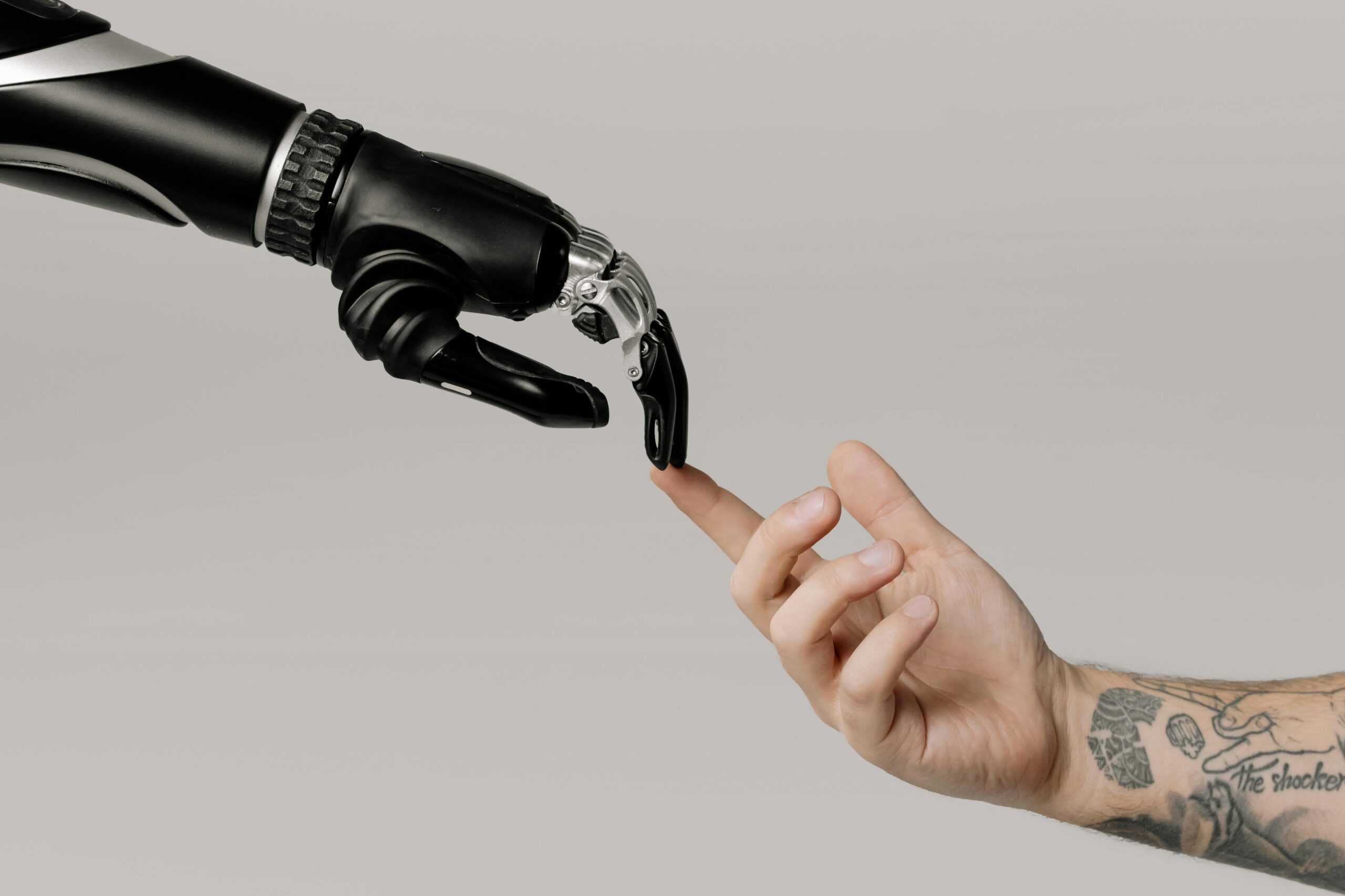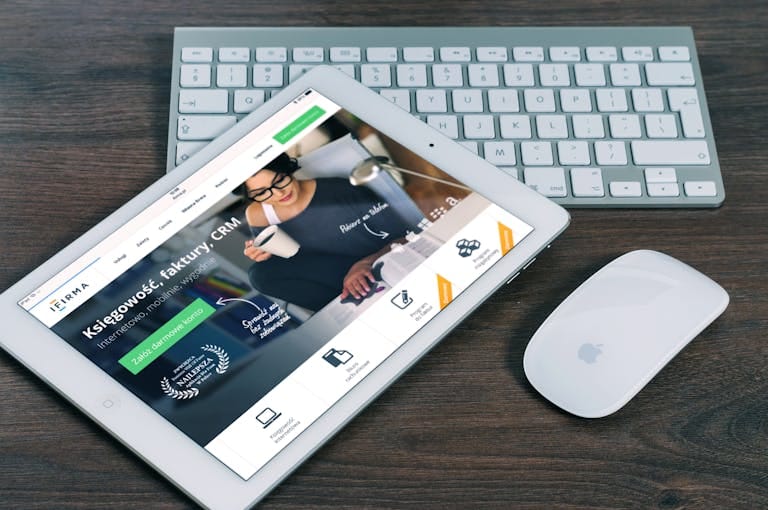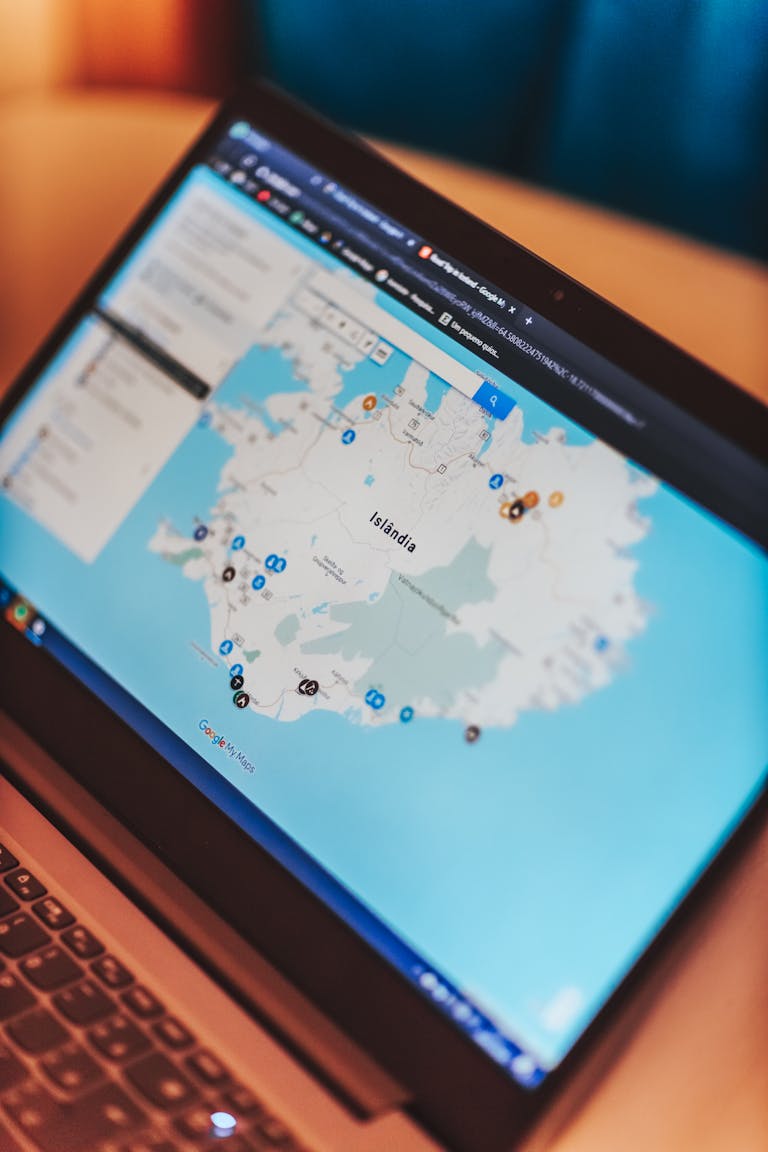What Jobs Are Safe from AI in 2025? A Remote Worker’s Survival Guide
In 2025, AI’s acceleration isn’t just theoretical—it’s already reshaping workplaces, automating tasks, and triggering layoffs. For Ava, a mid-career remote worker navigating this disruption, the anxiety isn’t just about losing work. It’s about not knowing where to look next.
“Knowing which careers are AI-proof gave me the clarity to act.”
Ava’s experience reflects a growing concern: what jobs will actually survive the rise of artificial intelligence? And more importantly, which ones can be done remotely?
🚀 FlexJobs Subscription
Curated remote job board with premium listings.
30% off for RWC readers – $29.95.
Get This Deal
🚀 Avast Premium Security
Security suite to keep your remote work devices protected.
Save up to 40% today – $39.99.
Get This Deal
🚀 NordVPN Subscription
VPN for secure remote work connections and privacy.
Up to 63% off annual plans – $59.88.
Get This Deal
Summary: What Jobs Are Actually Safe from AI in 2025?
AI is replacing task-based jobs, not trust-based or judgment-driven roles. Safe remote jobs fall into three categories:
- Human-Centered: Teaching, counseling, leadership
- Creative/Strategic: Writing, marketing, design
- AI-Adjacent: Cybersecurity, prompt engineering, AI QA
All of these require either high emotional intelligence, creativity, or complex decision-making—skills that AI still can’t replicate.
Contents: What You’ll Learn
The AI Disruption Isn’t Universal
Despite dramatic headlines, AI isn’t taking over everything. According to Forbes, roles that require empathy, context, or originality are holding strong. These include therapists, educators, social workers, and even some creative fields like UX design and storytelling.
The 2025 Pinker + U5 Update, a strategic forecast used by forward-thinking career analysts, identifies five AI-resistant traits:
- Unpredictable Environments (e.g., emergency response, live coaching)
- Emotional Engagement (e.g., therapy, teaching)
- Strategic Reasoning (e.g., consultants, analysts)
- Creative Adaptation (e.g., writers, video editors)
- Manual Dexterity (e.g., technicians, field support)
These roles involve human intuition, adaptability, and physical interaction—domains where AI struggles to perform consistently or ethically.
AI thrives on patterns and predictability. But it falters in live, ambiguous, or emotionally charged contexts. That’s why careers based on real-time decision-making, trust-building, and personalized interaction continue to outpace automation threats.
Human-Centered Careers: Remote and Resilient
One of the safest bets in the AI era? Roles that rely on humans connecting with humans. Remote-friendly examples include:
- Online Therapy & Counseling: Demand for virtual mental health support is surging. Tools like IAP Careers make certification more accessible.
- Remote Teaching & Mentorship: Especially for ESL or niche tech tutoring. Programs like Edureka offer micro-certifications.
- Career & Life Coaching: Soft skills + personal accountability = AI-resistant value.
These careers are seeing a resurgence as more individuals seek guidance during career transitions or emotional strain. According to Upwork, fields requiring emotional intelligence and cultural fluency are increasingly in demand—and often more impactful when delivered online.
Remote education is also evolving. Online instructors who blend asynchronous tools with live feedback loops are especially valued. Students now expect more than content—they want mentorship. And that’s something AI hasn’t figured out how to deliver authentically.
“If you’re the friend people go to for advice, you might already have the foundation for a remote coaching career.”
These roles are not only emotionally satisfying but also lend themselves to flexible, scalable income models. From solo practices to group coaching platforms, they adapt well to a location-independent lifestyle.
Creative Roles: Safe (and Lucrative) for Now
While AI tools can assist in design, writing, and video editing, they can’t replace intentional creativity and storytelling. Remote-friendly roles in this sphere include:
- Copywriting & Brand Storytelling
- UX/UI Design with human-centric logic
- Video editing with emotional narrative arcs
Creative professionals who pair tech fluency with human insight are thriving. As noted by HubSpot, demand remains high for marketers and creators who can craft compelling narratives, understand user behavior, and emotionally resonate with audiences.
AI can generate content, but it doesn’t understand context. It lacks the ability to mirror lived experience, nuance tone for different cultures, or iterate through audience feedback loops. That’s where human creators have the upper hand.
What’s more, platforms like Educative and Edureka are offering affordable ways to upgrade creative skills—infusing design thinking, storytelling strategy, and technical fluency into one streamlined track.
Many creators are diversifying their income through freelance marketplaces, digital product launches, or by consulting brands on human-first messaging frameworks. These income paths are difficult for AI to mimic because they rely on audience trust and personal brand capital.
In short, human creativity—when paired with strategic positioning—remains one of the strongest moats against AI.
Worried about your career future? Learn the skills AI can’t touch.
Train with Edureka or Educative — Ava’s picks for future-proof careers
Career Uncertainty? Choose Skills AI Can’t Replace
Train with Edureka or Educative — Ava’s picks for future-proof careers
AI-Adjacent Jobs and the New Remote Career Playbook
The third category of safe careers—AI-adjacent roles—presents the most exciting opportunity for remote professionals like Ava. These aren’t jobs that compete with AI. They’re careers that build, support, or safeguard it.
AI-adjacent work is growing fast across multiple sectors: education, health, finance, cybersecurity, and e-commerce. Most importantly, these roles are remote-viable, high paying, and increasingly accessible to non-technical professionals through targeted upskilling.
The Rise of the AI-Adjacent Workforce
AI is creating more jobs than it’s destroying—but they’re different jobs. According to WSJ, companies now urgently need AI-literate professionals to secure, test, and fine-tune intelligent systems.
These jobs fall into four broad categories:
- Prompt Engineers: Train and guide large language models using strategic input. High-demand across tech, media, and operations.
- AI QA & Testers: Audit model accuracy, ethical outputs, and edge cases.
- Data Annotation Specialists: Provide the human review layer behind AI training sets.
- AI-Savvy Cybersecurity Analysts: Defend AI systems from adversarial attacks.
Unlike traditional developer roles, many of these jobs blend logic, creativity, and ethics. They don’t always require coding experience—but they do require critical thinking, digital fluency, and a comfort with ambiguity.
How Remote Professionals Can Transition
Ava’s pathway began with a free course on AI foundations. From there, she enrolled in Educative’s AI for Professionals track, designed for marketers, project managers, and freelancers who want to pivot fast.
Within six months, she was consulting startups on how to prompt-engineer their customer support bots. She didn’t write code—but she understood people, product logic, and how to work with AI systems to deliver better outcomes.
Programs like:
help you gain job-ready skills fast. Many include mock projects and recruiter introductions.
Soft Skills Still Matter—Even in AI Jobs
A surprising insight from industry recruiters: soft skills are becoming the differentiator in AI-adjacent roles. Remote professionals who can write clearly, manage client expectations, and navigate uncertainty are outperforming more technical peers.
This means former writers, educators, marketers, and customer support reps have an edge—as long as they can translate those strengths into an AI context.
Employers now want:
- Communication skills for prompt design
- Emotional intelligence for ethical review
- Process management for AI pipelines
- Presentation ability to explain AI results to non-tech stakeholders
Ava’s remote work foundation gave her an advantage. She already knew how to self-manage, communicate asynchronously, and problem-solve without handholding. Her challenge wasn’t competence—it was clarity about which roles needed what.
The AI-Safe Remote Career Toolkit
If you’re wondering where to begin, start here:
- Map Your Strengths to AI-Compatible Skills: Are you analytical? Curious? Good with words? There’s a role that fits.
- Choose One Learning Path: Don’t scatter your energy. Stick with one platform like Educative or Edureka.
- Build a Practice Project: Simulate real work. Design a chatbot flow, annotate a dataset, write prompts.
- Join a Remote Talent Network: Many roles hire contract-first. Remote Work Connect lists verified gigs.
- Update Your Resume with AI Tags: Keywords like “prompt engineering,” “AI QA,” or “data annotation” signal readiness.
These steps give structure to your pivot—especially when anxiety clouds decision-making.
Find a Safe, Sustainable Path
You don’t have to master AI to thrive in the AI era. But you do need to understand how to work with it.
Start your transition with Ava’s AI Career Toolkit — a remote-ready roadmap for building income security and digital fluency in 2025.

The Skills That Shield You — Soft Power, Certifications, and Sustainable Income Models
Not all job security comes from technical mastery. In fact, as AI takes over mechanical and data-heavy work, the most resilient professionals will be those who strengthen their human edge. Part 3 is about turning Ava’s anxiety into anchored action—by understanding which soft skills, certifications, and income models create long-term insulation against automation.
Human Skills: Still the Ultimate Differentiator
AI can mimic outputs—but not intent. That’s why roles that hinge on leadership, storytelling, collaboration, and ethics continue to thrive.
Top human skills driving AI-era resilience:
- Emotional Intelligence: Vital for coaching, client work, and any advisory role.
- Critical Thinking: Needed to evaluate AI output, resolve ambiguity, and guide decision-making.
- Strategic Communication: The ability to frame and explain complex concepts—essential for client-facing work.
- Adaptability: Shown to correlate with job retention in dynamic tech environments.
Even in data-heavy fields, employers seek professionals who can blend logic with empathy. Those who can see nuance, manage uncertainty, and build trust have a safety net that machines simply can’t replicate.
Certification Paths That Signal AI Fluency
While degrees can be slow and expensive, micro-certifications are fast, focused, and increasingly preferred by employers. Ava pursued the following remote-friendly certs:
- Prompt Engineering Certificate – Edureka
- AI Fluency for Non-Tech Roles – Educative
- Freelance Tax & Business Basics – TaxHub
Each course was under 12 weeks, designed to be taken alongside part-time work or job searching, and tailored to real job specs from hiring boards.
Micro-certification isn’t just about learning—it’s about proving agility. Employers value upskillers more than ever, especially those who can demonstrate initiative in fast-moving tech landscapes.
Diversified Income = AI-Proof Living
A key mindset shift in 2025 is building multiple income pillars. Ava no longer relies on a single full-time employer. Instead, she structures her income from:
- Freelance prompt engineering projects
- 1:1 coaching sessions via Zoom
- Affiliate content consulting for e-learning companies
- Passive income from a digital course she co-created
This hybrid model not only increases stability—it fosters skill stacking. Each project expands her network, reputation, and earning options. According to Paybump, this kind of model is one of the top three shields against job loss due to automation.
If you’re new to this approach, start with one additional income stream. Consider remote contract work, digital product creation, or affiliate-enabled content tied to your area of expertise.
Related Reads:
- Remote Jobs AI Can’t Easily Replace
- Roles That Still Require Human Judgment
- Which Remote Roles Are AI-Proof (For Now)
Frequently Asked Questions
What are the most AI-proof soft skills?
Emotional intelligence, critical thinking, and adaptability top the list across all sectors.
Can I work in AI without knowing how to code?
Yes. Many roles focus on ethics, communication, quality assurance, and business logic.
Which certifications actually help with AI-era remote jobs?
How do I explain my non-tech background in AI job interviews?
Emphasize transferable skills: problem solving, customer empathy, and learning agility.
What’s the safest way to transition careers midlife?
Start with a soft skill inventory, take one AI-adjacent certification, and begin with freelance or contract-based projects.
Ava’s Clarity Is Your Cue
What Ava found wasn’t just safety—it was sovereignty. AI didn’t end her career. It refined it.
She moved from fear to clarity by anchoring into her human strengths, layering new tech fluency, and adopting a diversified remote income model. That’s the new definition of job security in 2025.
Download Ava’s Safe Career Toolkit to begin your pivot today.







